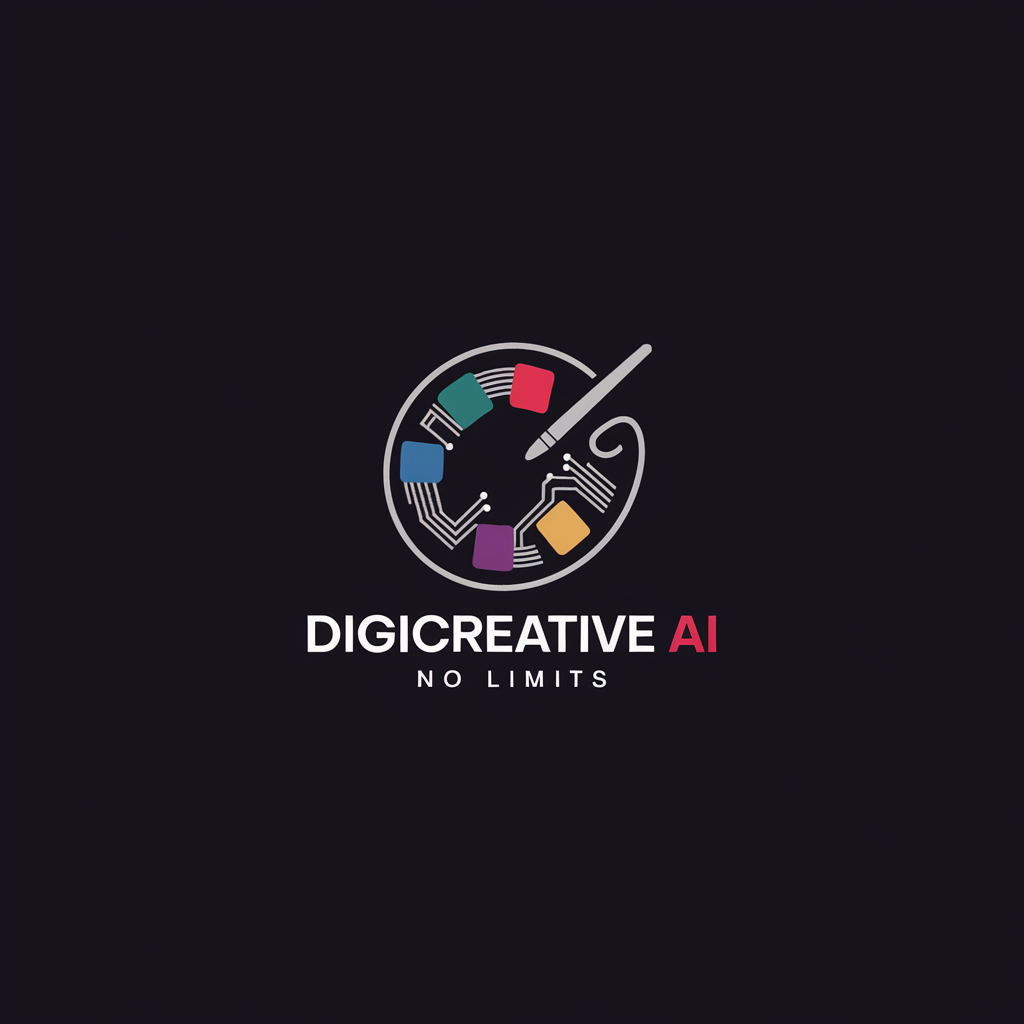No products added!
October 24, 2025
0 Comments
European iGaming Regulations: A Complete Casinos List 2025
This article explores the upgraded gambling rules and regulations of each country in the European Union and provides a list of top crypto casinos by delving into the latest trends. With its well-regulated legal frameworks and liberal attitude toward operators, Greece stands as a prominent player in the European betting milieu. Each year, the market grows by an average of 10%, with most users engaging through their mobile phones. Since 2021, Greek citizens have been allowed to participate in online casinos with minimum regulatory requirements. While land-based casinos are legal in Cyprus, online services are limited to sports betting. Under the Betting Law of 2012, which was upgraded in 2019, online casino operations and lottery services are banned.
Hogyan válassz legális online kaszinót?
In Denmark, remote gambling companies can offer online casino games, online poker, and online betting under a license, allowing Danish players to engage with thousands of top-rated online games. However, online lotteries, bingo, scratch cards, and keno remain within the nation’s monopoly. They are operated under Danske Spil, the national lottery provider in Denmark. The Danish Gambling Authority restricts unauthorized gambling websites and underground casino activities. The emergence of online gambling, aka iGaming, has transformed Europe into one of the world’s largest dynamic betting economies. It has also reshaped the gaming landscape and challenged regulators to provide complex frameworks.
The post-World War modern nation-state system allows each nation to enact its laws based on economic priorities and cultural values. With all these nations combined, Europe numbered close to 130,000 gambling properties in 2024, more than the total properties of all other global regions. Europe has a long history of gambling that goes back centuries, and so do the efforts to regulate it. Areas under the Digital Single Market, such as audiovisual and other media content, ‘Better internet for kids policies’ and the fight against illegal content online. This will be reflected in the member countries of the European Union first, and later will be spread into the global environment, as witnessed in Europe’s recurring regulatory updates.
.jpeg)
With many licensed traditional gambling centers, online casinos, and betting shops, the Italian gambling market is considered one of the most advanced gaming markets in Europe. The ADM (Agenzia delle Dogane e dei Monopoli – “agency for gaming and monopolies”) oversees and regulates online gambling, and it allows licensed operators to run casino games, poker, sports betting, and more. However, some regulated operators do not accept cryptocurrencies because of AML compliance issues. Both traditional gambling and online casinos are legal in Spain, with strict monitoring by the General Directorate for the Regulation of Gambling (DGOJ). While crypto payments in gambling sites are not specifically prohibited, various licensed operators won’t allow them due to various anti-money laundering restrictions.
Összegzés – Online kaszinók Magyarországon
In Slovenia, gambling falls largely under the monopoly of the government, with the Ministry of Finance overseeing all the activities. Authorities allow online gambling, but only through domestic sites approved by the ministry. Belgian legislature advocates a closed regulatory system in which online platforms should partner with land-based casinos to gain a license.
In a number of judgements, the Court of Justice of the European Union (CJEU) has ruled on the compliance of national regulatory frameworks with EU law. While countries like Malta and Estonia seem to have created a liberal framework in the rules, countries like France and Cyprus are still cautious. However, the latest reports suggest that these jurisdictions are seriously considering a shift towards the legalization of online gambling. The freedom to provide services or to open a business in another EU country is particularly relevant here. A license is mandatory to operate the platforms, and if the operators do not observe the rules, the license will be revoked. However, Austria plans to modernize the outdated laws in 2025 with the newly elected government in power.
To get a license, the operators have to go through strict approval processes, and crypto-based gaming is not typically allowed on these licensed platforms. Slovakia has a Gambling Regulatory Authority to oversee the functioning of both traditional and online casinos registered in the country. Under the Gambling Act of 2019, online gambling is legal, and foreign operators can apply for licenses. Similar to Cyprus, France allows sports betting but outlaws online casino games, including blackjack, roulette, and slot machines.
It also provides support to ensure a high level of protection for consumers and vulnerable people, including minors. Most EU countries allow at least some games of chance to be offered on the internet. Some countries allow all games, while others only allow certain types such as betting, poker or casino games.
Swedish Gambling Authority (Lotteriinspektionen) allows licensed operators to offer their gambling services to citizens. The authorities update the rules regularly to close the legal loopholes created by technological advancements. While it has a clear regulatory framework, the monitoring is not strict, allowing accessibility to unlicensed online gambling sites. https://eboc.hu/ Oficiul National pentru Jocuri de Noroc, the National Gambling Office (ONJN), legalized online gambling in 2015, enabling both domestic and foreign operators to provide their gaming services by grabbing a license. While licensed operators generally won’t allow cryptocurrency as a payment method, unregulated crypto casinos are widely accessible. The government is seriously reconsidering the use of blockchain-based payments.
However, despite being technically illegal, Cyprus is one of the prominent centers of online gambling, especially crypto casino services. The Gambling Act of 2012 regulates online gambling and betting services in Bulgaria. The State Commission on Gambling allows licensed operators to offer their services. In 2024, the authorities made several changes to the regulatory framework, increasing the amount required to obtain a license by 50% (BGN 750,000 or EUR 383,000) and banning all advertisements.
All forms of gambling, including land-based platforms and online gaming, are legal in Estonia, with strict monitoring and rigorous licensing processes by the Estonian Tax and Customs Board (ETCB). Operators, including crypto-casinos, can grab licenses by submitting all the details, including the payment systems, games offered, and relevant documents. In Czechia, online gambling has been legal since 2017, except for the tombola and small card tournaments. The Ministry of Finance provides licenses to the platforms, with strict rules and regulations. There are no specific restrictions for the participants other than the maximum limit of deposits and withdrawals to CZK 5,000 (approx. EUR 196) in 24 hours. With a total population of 0.68 million residents, Luxembourg’s gambling industry is extremely small.
- While online gambling services are legal in Finland, they are operated under the monopoly of Veikkaus, the Finnish government-owned betting agency.
- The post-World War modern nation-state system allows each nation to enact its laws based on economic priorities and cultural values.
- In some European jurisdictions, monopolistic regimes offering online gambling services have been established.
- A license is mandatory to operate the platforms, and if the operators do not observe the rules, the license will be revoked.
Europe’s changing iGaming regulatory environment reflects a larger movement toward digital sovereignty and responsible gaming. The rise of crypto casinos and the involvement of AI technology in gambling challenge regional authorities to improve their legal strategies by creating a balance between innovation and customer protection. With no official licensing structure for casinos, the platforms operate like private clubs in Ireland. However, significant changes to replace the antiquated and disjointed gambling laws are taking place, and we can expect the formation of a new gambling regulatory authority this year. As 2025 progresses, we can anticipate radical transformations in iGaming, primarily driven by changes in the global political landscape and technology. Europe is set to position itself as a market capable of establishing the norm for international gaming, mainly in its ongoing shift to a positive attitude toward crypto casinos.
The Belgian Gaming Commission, with its Gaming Act, is responsible for monitoring the platforms and providing legislative advice. Casinos with no public order or morality and that allow minor participants will be banned. Online gambling regulation in EU countries is characterised by diverse regulatory frameworks.
In 2025, authorities requested that the platforms implement measures to limit the time customers spend on online betting. The Polish Ministry of Finance allows traditional gambling operators to offer their services with close government supervision and monitoring. The Lotteries and Gambling Supervisory Inspection (IAUI) facilitates the functioning of both online casinos and traditional gambling. This year, Latvia plans to establish clear rules and regulations for blockchain-based casinos. The Netherlands Gambling Authority (Kansspelautoriteit, KSA), through its Remote Gambling Act, legalized online gambling in 2021. Online operators must obtain a license by following strict rules that focus on player protection and advertising.
However, the latest reports indicate that France plans to legalize online gambling, including crypto casinos, this year. The government believes that illegal casinos in France generate up to 1.5 billion euros each year. Various sources suggest that crypto-based gambling is rising in the country, and authorities are investigating the legal possibilities of it. The Commission supports EU countries’ efforts to modernise their national online gambling legal frameworks, in particular in the framework of administrative cooperation between gambling regulatory authorities.
While online gambling services are legal in Finland, they are operated under the monopoly of Veikkaus, the Finnish government-owned betting agency. Although foreign gambling sites are illegal in the country, various users constantly access them due to the lack of strict regulations. Recently, a bill has been submitted to end the monopoly and provide licenses to multiple operators. The Lithuanian Ministry of Finance’s Gaming Control Authority has legalized both traditional and online gaming since 2016. Within 9 years, the market witnessed significant growth through the arrival of online casinos.









